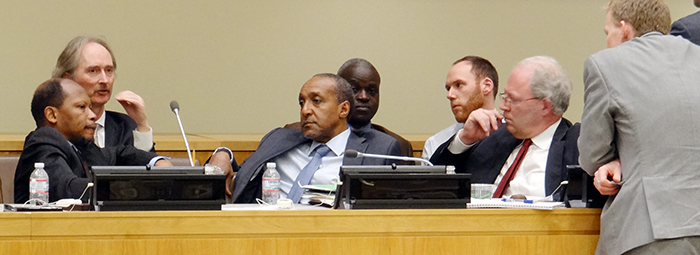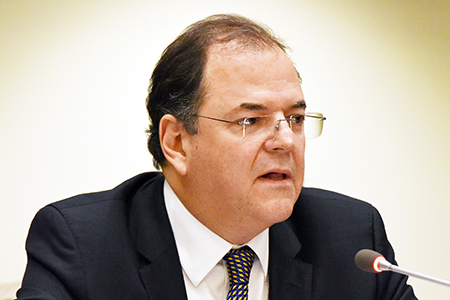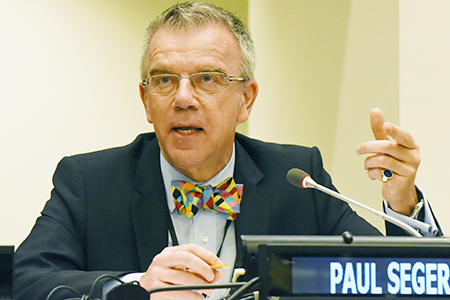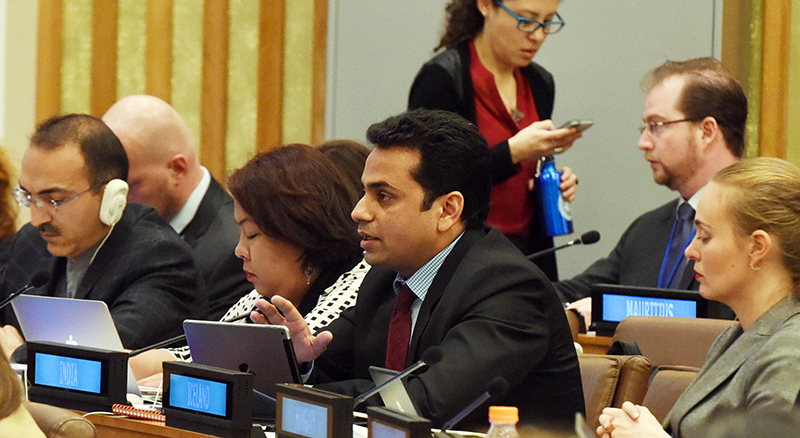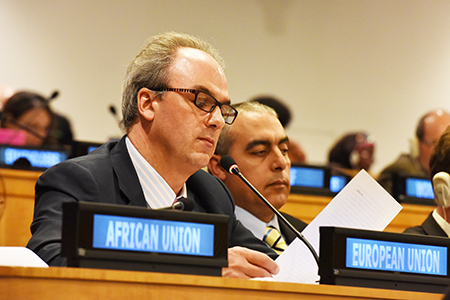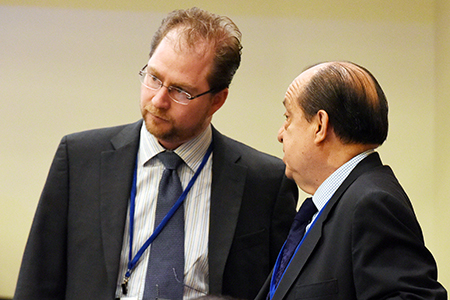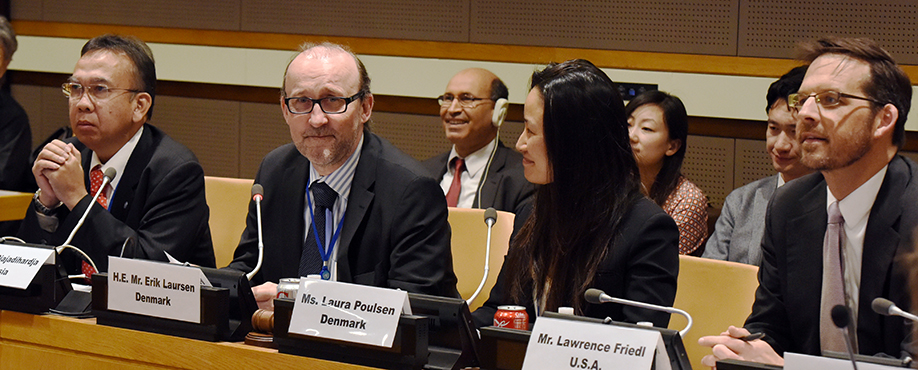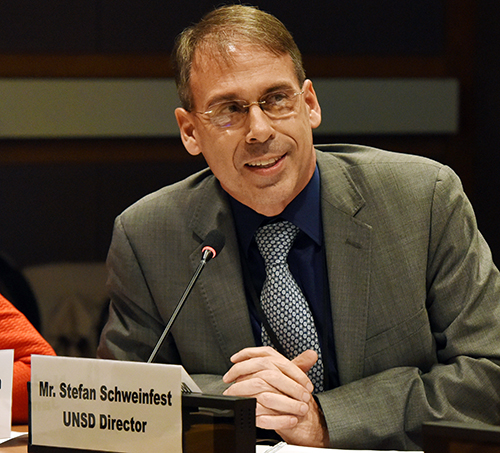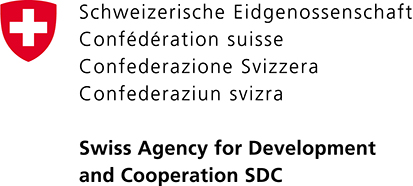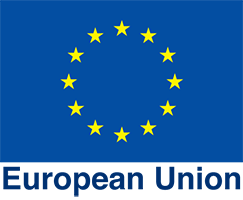|
 On Wednesday, 22 April 2015, the joint session of the FfD3 and Post-2015 processes discussed the agenda item titled “Technology facilitation mechanism, and other science, technology and innovation issues.” Post-2015 Co-Facilitator Kamau introduced the two Co-Chairs of the UN General Assembly (UNGA) structured dialogues on possible arrangements for a technology facilitation mechanism (TFM), Ambassadors Guilherme de Aguiar Patriota, Brazil, and Paul Seger, Switzerland, to brief delegates on the recommendations of the dialogues that ended in July 2014.
On Wednesday, 22 April 2015, the joint session of the FfD3 and Post-2015 processes discussed the agenda item titled “Technology facilitation mechanism, and other science, technology and innovation issues.” Post-2015 Co-Facilitator Kamau introduced the two Co-Chairs of the UN General Assembly (UNGA) structured dialogues on possible arrangements for a technology facilitation mechanism (TFM), Ambassadors Guilherme de Aguiar Patriota, Brazil, and Paul Seger, Switzerland, to brief delegates on the recommendations of the dialogues that ended in July 2014.
Ambassador Patriota explained the structured dialogues were intended to pursue focused deliberations on the TFM in an incremental approach to find possible deliverables that have the broad consensus of Member States. He said that, though debates on the issue can slip into a North-South divide, agreement is possible and beneficial for both sides. The recommendations of the dialogues include: establish an online platform mapping existing technology facilitation mechanisms, initiatives, and processes; promote the analysis of technology needs and gaps in addressing them; and ensure UN system coordination and coherence on the issue. Explaining that a UN Interagency Working Group had been established, he welcomed the engagement of the UN system with recommendations. Patriota stressed that the mandate to disseminate “environmentally-sound technologies” was outdated, as the integrated SDG framework does not allow for the separation of environmental technologies, therefore initiatives should address the SDGs in general. Finally, he said there is no clear answer for how the issue of a TFM will be dealt with in the FfD3 or post-2015 processes, and he suggested producing a TFM deliverable in the post-2015 track while discussing broader, systemic issues of technology in the FfD3 track.
Ambassador Seger noted agreement that efforts have been undertaken in the field of technology transfer, but said these efforts are largely fragmented. He emphasized that countries differ greatly in their specific technology needs, and indicated that the main challenge is matching these needs with technologies that are available. Most technology is held by the private sector and not the government, he reminded delegates, further recommending engaging stakeholders in the discussion. He called for work to promote the end result of technology transfer in a means that is easier, faster, and more economically efficient, while also looking closer at existing structures.
Delegates proceeded to discuss this agenda item during the morning and afternoon. Ideas such as a mapping exercise through an online platform and funding for technology transfer were raised. The Co-Facilitators of the FfD3 and post-2015 processes will consult on ways to move the dialogue forward, noting that there was new momentum on the issue.
|
|


